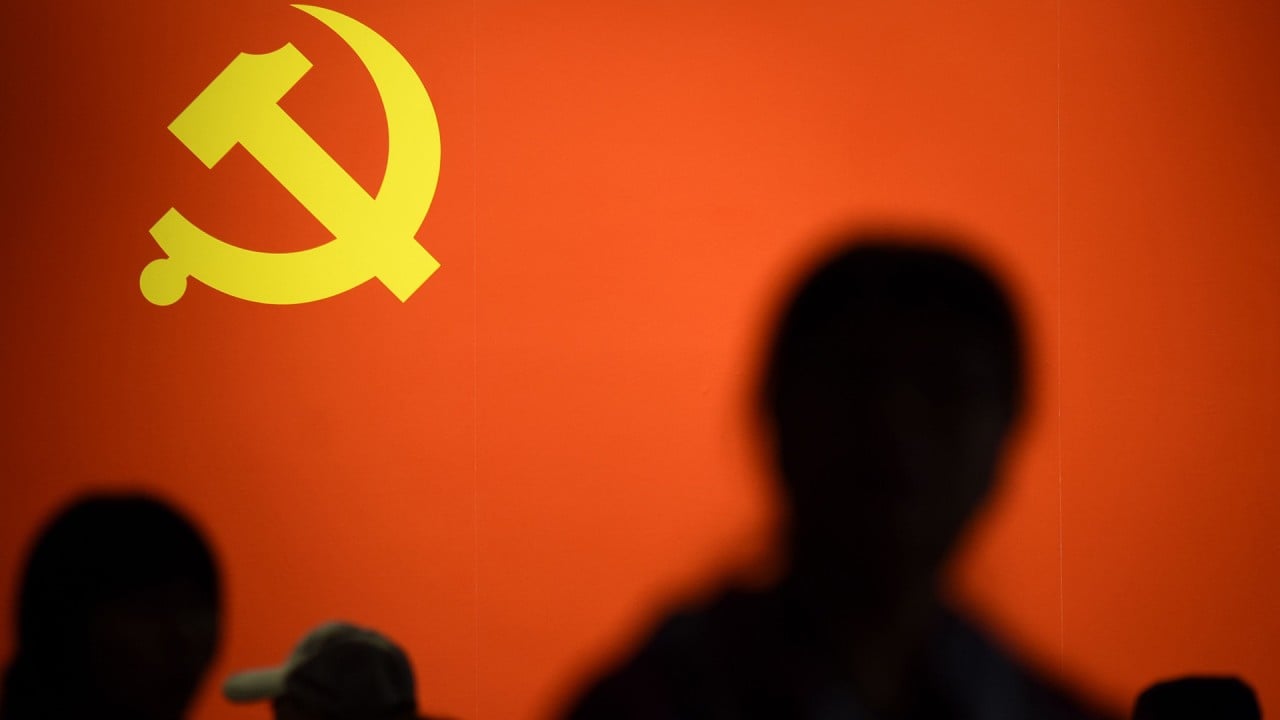
‘Healthy, positive, correct’: China’s censorship machine tightens its grip on online literature
- Local governments told to exert greater control over content that is already screened for politically sensitive or pornographic words
- Writers of fiction will be ordered to ‘abide by public order and morals’, and required to register their real identities
Quoting a directive issued by the General Administration of Press and Publication, it said the government wanted higher-quality works and would control the total number of online literary publications, which are supported by a readership larger than the US population.
Authors would need to register with publishing platforms under their real names, and readers’ comments would be more carefully censored, Xinhua said.

02:33
How China censors the internet
The directive was issued to local governments’ publication bureaus but not released to the public.
China has witnessed an online reading craze in the past decade, with 455 million web literature readers – equal to over half of the country’s population of internet users – and 17.6 million authors by last year, according to a report released in February by the Chinese Academy of Social Sciences.
Coronavirus: China tightens social media censorship amid outbreak
Ouyang Youquan, deputy head of the China Writers Association’s internet literature committee, is concerned that the latest move could further damage the vitality of an already strictly regulated industry, and reduce the space for literary creation.
“I hope the authorities can allow more room for the growth of internet literature within the law,” said Ouyang, who is also a professor at Central South University in Changsha, central China. “Don’t kill the enthusiasm.
“In fact, it’s already strictly regulated. We have the ‘clean internet’ initiative [aimed at pornographic content]. The publications are already very clean.”
From its origins in the early 1990s, China’s internet literature had become an influential cultural brand comparable to Hollywood movies, Japanese cartoons and Korean dramas, he said.
One of the internet’s biggest fanfiction sites is now blocked in China
Covering more than 20 genres, including wuxia (martial heroes), fantasy, gaming and history, the country’s online literary works have also attracted a growing number of English-language readers.
Wuxia World, a leading Chinese-to-English novel translation site established in 2014, quickly rose to prominence and records millions of page views every day.

03:34
Inside a Chinese internet censorship centre
But the government has been unhappy with many of the works it has published, declaring them homogeneous and in poor taste.
In the latest directive, all those engaging in the web literature sector are ordered to “abide by public order and morals and spread new social fashion and positive energy”, according to the Xinhua report.
Why going global is no fun and games for China’s internet giants
Yao Jingjing, who has been a full-time online author since 2012, said censorship in recent years had already been very strict.
Before being published, all works undergo screening for sensitive words, including those deemed politically sensitive or pornographic.

01:40
Queen biopic ‘Bohemian Rhapsody’ censored in China
For example, a piece will not be approved if it contains the word shangchuang, which means “go to bed” or “have sex”, depending on the context.
“Recently I found that even the word gui [meaning ghost] is banned. I was really frustrated,” said Yao, who mainly writes xuanhuan (mysterious fantasy) and chuanyue (historical fiction).
TikTok recruits experts for new content advisory council amid US scrutiny
She said that in the past, writers would use a hyphen between characters or write in pinyin (romanised Mandarin) to avoid being censored. Now, though, such forms are rejected and writers would have to use an incorrect character with the same pronunciation instead.
“So we will explain in the front notes that there could be some wrong characters, to ask for readers’ understanding,” she said.
“Most readers would understand what we meant, but it’s bad for students. Some readers are primary school pupils who are still learning how to read and write. They can be misled.”

